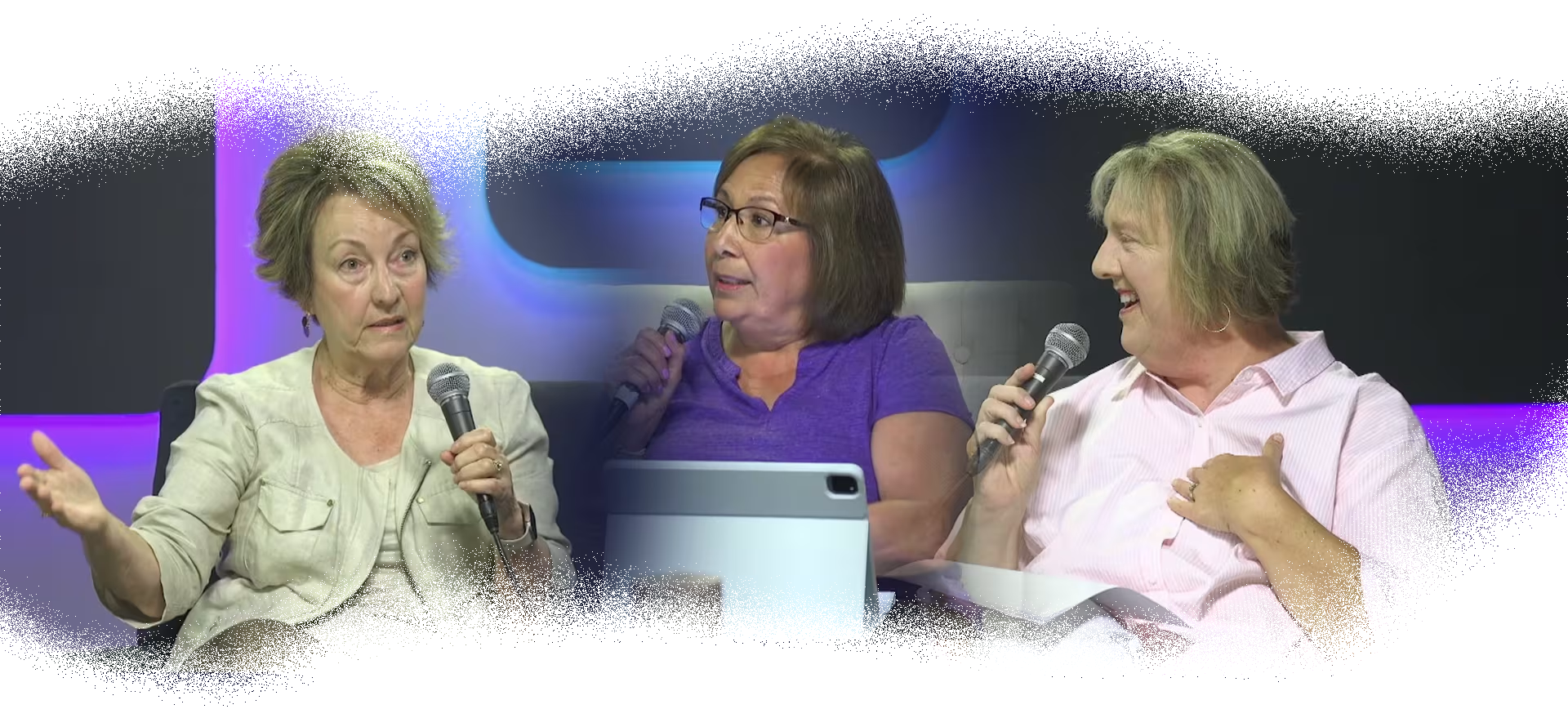
Timeless Truths: We Are Called to Forgive Without Conditions
When Jesus was on the cross being scorned and mocked by those who were crucifying Him, He said, "Father, forgive them for they know not what they do." In this "Timeless Truths" segment, Judy Lucas talks about how, as followers of Christ, we also are called to unconditional forgiveness.
Host: Judy, we want to look at an issue that is pretty common with some of the women we deal with whose husbands have been in sexual sin. It deals with the issue of forgiveness without repentance. And here's really what we want to talk about. For the person who's been sinned against, how is God calling them to deal with that issue, particularly when the person who sinned against them is not completely repentant?]
{{blog-bsecret="/blog-ads-storage"}}
Judy: There really isn't a very straightforward, simple answer to that, because as you read the Bible, you do read examples where someone repents and then you forgive them. The classic verse on that is Luke 17:3, “Be on your guard! If your brother sins, rebuke him; and if he repents, forgive him.” (Luke 17:3, NASB)
Host: Now, I can read that as saying that if you sin against me, but you don't ask me to forgive you, then I don't have to forgive you. And how often could we want to grab hold of that interpretation?
Judy: Well, there are a lot of times that we want to grab hold of that interpretation. I can remember feeling that way, but this is a core issue. We can’t go off our feelings about this. We have examples in the Bible where Jesus Himself was hanging from across, looking down at those who nailed Him there and were mocking Him and He said, “Father, forgive them. They don't know what they're doing.” Another example is Hebrews 12:15, which talks about how we should not let a root of bitterness grow up that can cause us trouble.
Matthew 5:44 says, “I say unto you, love your enemies, bless them that curse you, do good to them that hate you, and pray for them which despitefully use you, and persecute you.” (Matthew 5:44, KJV) So, the Bible is clearly calling us to forgive even if the other person isn't truly repentant or broken yet, because when we're choosing to walk in unforgiveness, we're choosing to walk in sin ourselves. And so, what we're doing is cutting off our relationship and our communion with God.
Host: It seems to me that the person who wants to read that passage in Luke 17 and say, “Well, they haven't come to me. They haven't asked me for forgiveness, so I'm not going to forgive them. I'm going to stay mad at them.” Really the difference between that person and the person who's willing to go to their brother or sister and try to help them to understand that they've been offended by them is that one person is focused on themselves while the other is more interested in helping the other person out.
Judy: Very true, because the first person you mentioned is reacting to their feelings while the other is more concerned about the other person’s heart. They are asking themselves things like, “What is this person’s relationship with God really like?” And the concern should be that if the sin continues, where is that going to lead this person? There's a passage in Matthew 18:15-16 that gives directives for us to go in love with the attitude of Christ and talk to our brother about why we are hurting or why we were offended. So, there's room for that. But it needs to be restorative. If he doesn't repent, which is often the case, then you have a choice to take that next step and go to a pastor or another godly man and bring him into the situation. But that's you praying through and using wisdom on what to do next.
Host: Yeah, but you must not hold bitterness or a grudge or stop showing that person love. As much as it depends on you, you should have peace with your brother or sister — even if they’ve offended you.
Judy: Absolutely. And that really is the crucified life, where you are willing to deny yourself, pick up your cross and follow after Him.
Host: Now we understand from a human perspective that some of the sin from one spouse toward another can be horrendous and we understand the natural response to that. So I guess to the person out there who's struggling with this, they should know we're called to a divine response, not a natural response.
And I guess the best suggestion for a person struggling to forgive is to look to the Lord, put your eyes on Jesus and remember what He did for you as you alluded to earlier in our discussion. We need to remember that while we were yet in sin, He died for us. He forgave us. That's our example. That can go a long way in helping us get through those tough times when we really have been offended. To sum it up, our response needs to go beyond what comes naturally to us.
















